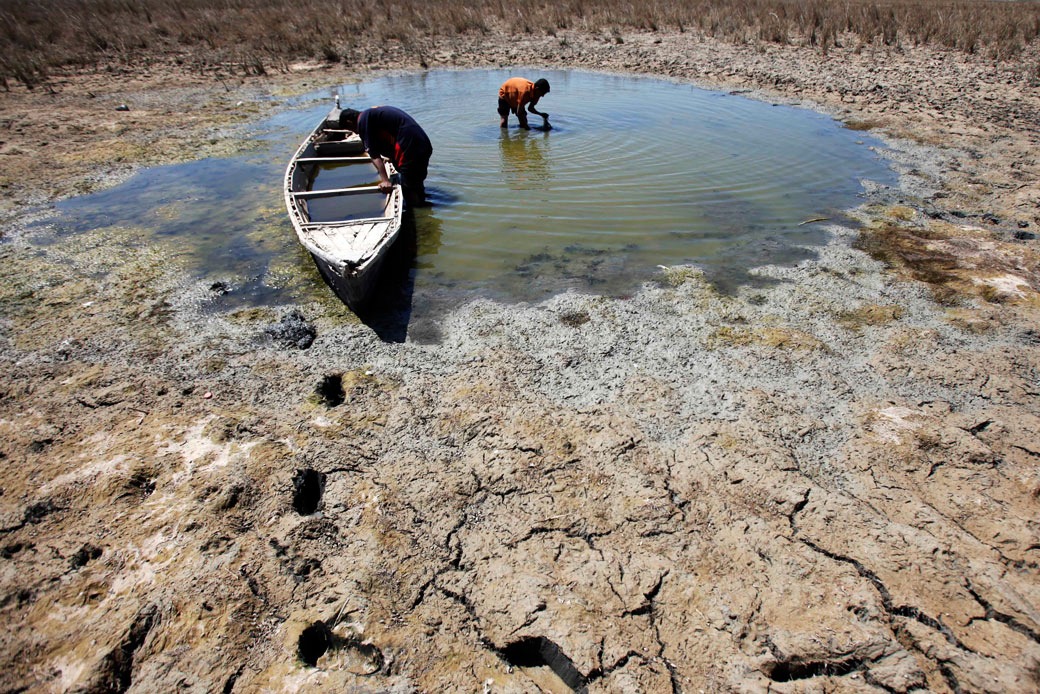

Water Scarcity – a key challenge for food security
February 16, 2021

Discussion continues at home and in the development sector around water security and water management. Our CEO, Dr Colin Chartres, provides the following commentary about two important recent reports, highlighting the significant challenges that water security continues to bring to food security. He brings his extensive current and past experience, including senior positions with the National Water Commission, the Australian Water Partnership and the International Water Management Institute.
Food security is very dependent upon the vagaries of the weather and climate change trends and the impacts these have on water scarcity. Recently two major contributions to the policy debate around water in Australia and overseas have been completed.
The first is the Australian Government’s Productivity Commission Review, “National Water Reform 2020“, written by Commissioner Jane Doolan and Associate Commissioner Drew Collins, and the second, a major analysis of how India and China have responded to growing water scarcity, titled “Growing water scarcities: Responses of India and China” by Dr Uma Lele of the Institute of Economic Growth, India.
These are really important contributions to the debate. The National Water Reform report suggests that national water reforms have contributed to material benefits through improvements in water resource management, and through improvements in water service delivery and that reform efforts have also led to improvements in water quality in many parts of the country. However, it indicates that there is still need for further reform. It highlights the fact that it is approximately 17 years since the signing of the National Water Initiative. Climate change has become very much more of a factor since 2004 and needs to be incorporated in all water plans.
The Lele paper basically indicates that China has moved in a faster, more coordinated and potentially sustainable way to deal with water scarcity than India, which is struggling within a Federal political system (similarities with Australia here), antiquated canal systems, over extraction of groundwater and different policy and investment systems from those in China. In my view, it highlights the fact that India is less prepared than China to deal with issues such as major climate change. This could have major ramifications on food security if climate change impacts occur in the short-term.
Both these contributions are well worth reading for those concerned with water scarcity and food security.
Colin Chartres




 0
0